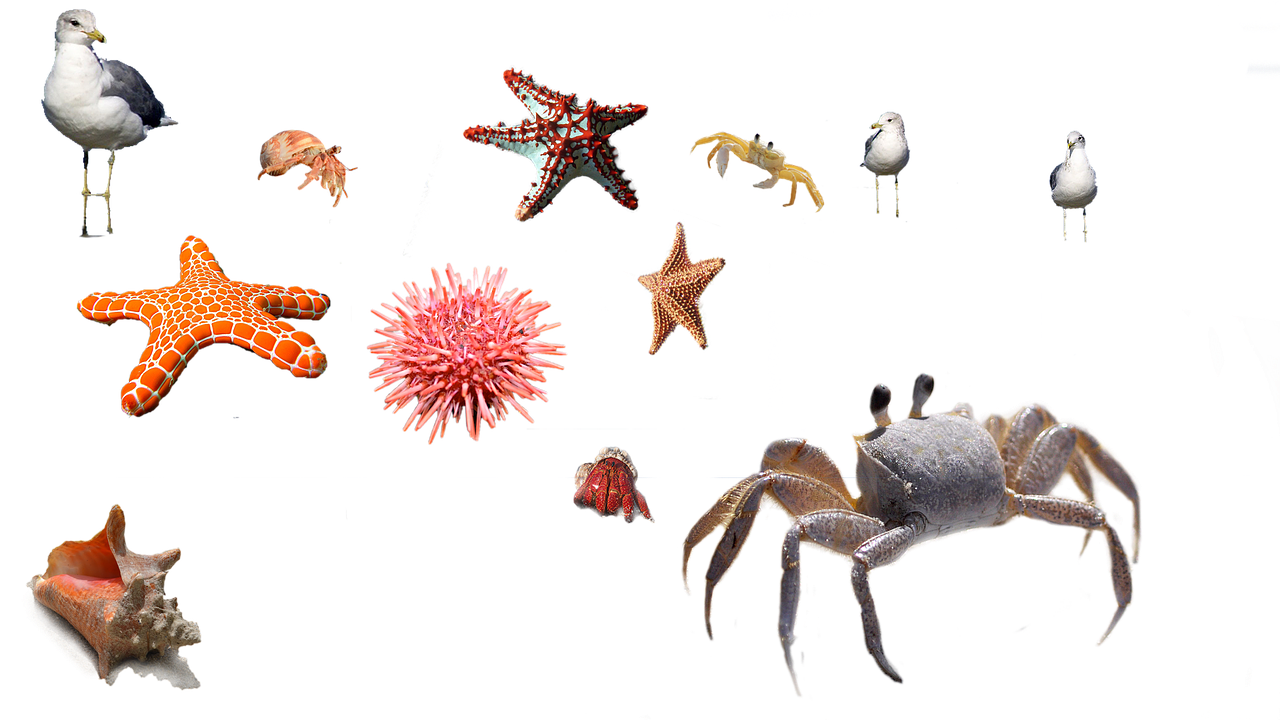It’s no doubt that marine life has endured some extent of danger throughout the earth’s existing, especially in the last couple of years, which has spiked the demand for marine biologists everywhere in the world.
Marine biology refers to the study or information of life that is found in oceans or any saltwater environment, which apart from oceans, includes wetlands and estuaries.
Every living part of the ocean, including animal life, plants and microscopic organisms, form a significant part of marine biology. The research and discovery of new marine species also play an important part of the job description of a marine biologist.
3 of the most interesting types of marine biology
- Microbiology – This type of marine biology refers to the study of microorganisms found in the ocean, such as viruses, bacteria, algae and protozoa. It plays a vital role in marine ecosystems. Bacteria, for instance, is required for the bio-marine food chain. With most people underestimating the importance of microorganisms in the ocean, statistics show that it makes up about 98% of the ocean’s biomass.
- Environmental marine biology – Given that marine biology is focused on the health of the ocean; it is an incredibly important sector of study that is necessary to sustain marine life. One part of environmental biology includes coastal environmental health, which serves as an essential part of environmental marine biology. This study of practice allows scientists to determine the impact that coastal development have on water quality, as well as the effect people have on a beach, such as in the case with plastic pollution.
- Deep-sea ecology – This type of marine biology includes the study of the advancements of equipment, which is necessary to explore the deepest of oceans. With 95% of ocean species and organisms remaining undiscovered, it’s no doubt that deep see ecology is an interesting field to dive into.
Get water dispenser price and water machines from Living-Water in London.






